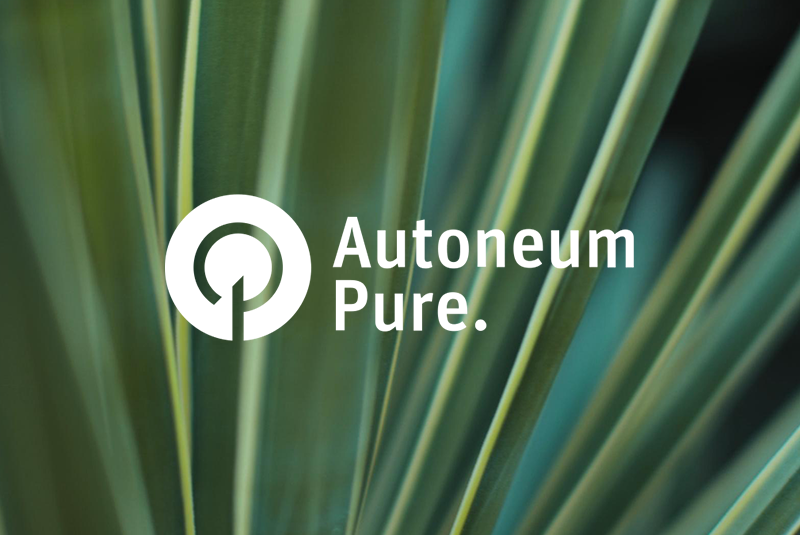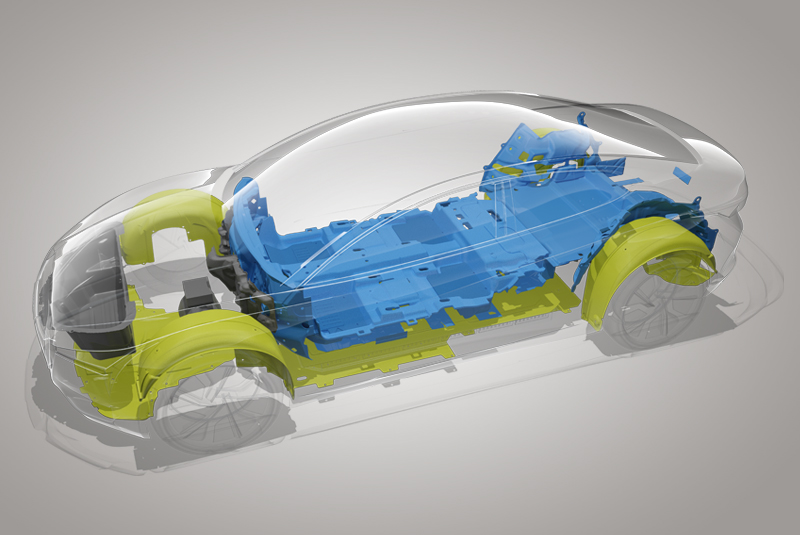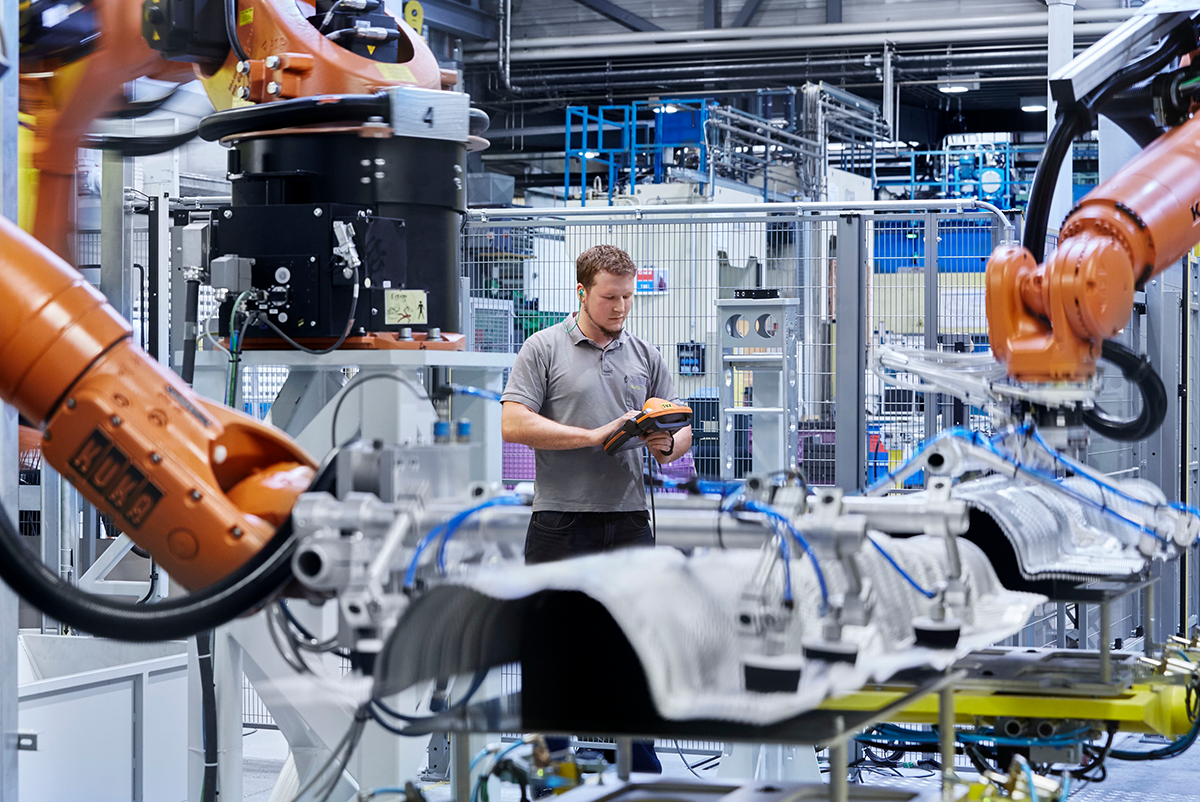Autoneum Blue.
Components that combine the use of recycled material with protecting the oceans and social responsibility.
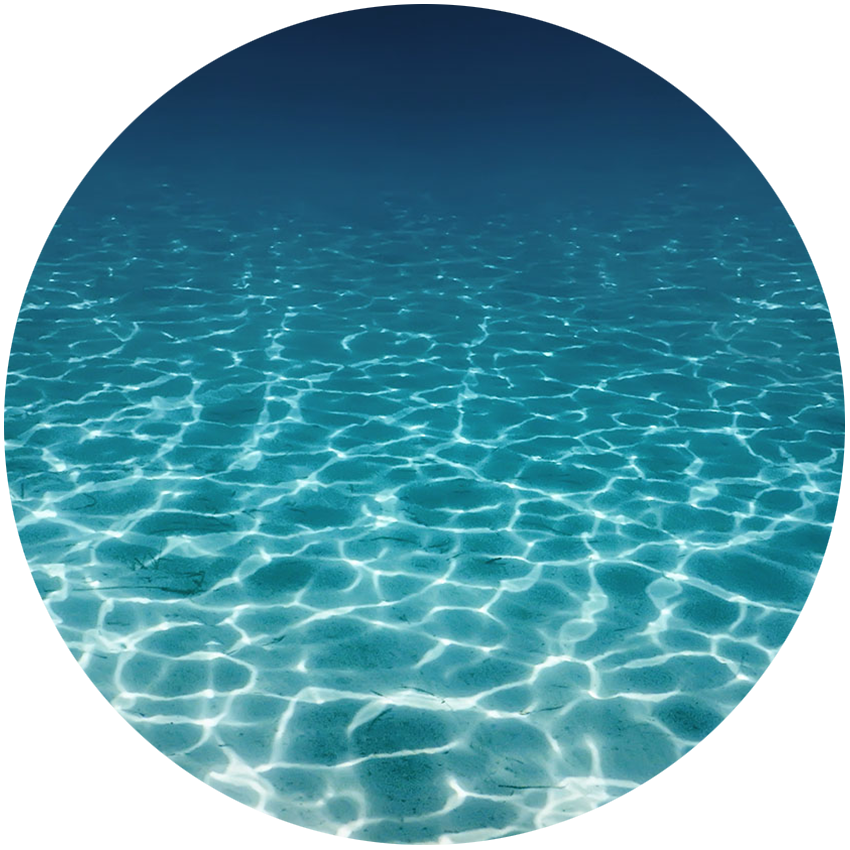
Responsible sourcing, healthy oceans
In order to qualify for the Autoneum Blue label, components must be based on materials that consist of at least 30% recycled PET that was collected from coastal areas within a 50-kilometer range of the water. In this way, the products make an important contribution to preventing plastic pollution in the oceans.
In addition, the process of collecting the PET bottles must be socially responsible and comply with human rights, and traceable procurement of the bottle flakes must be guaranteed.
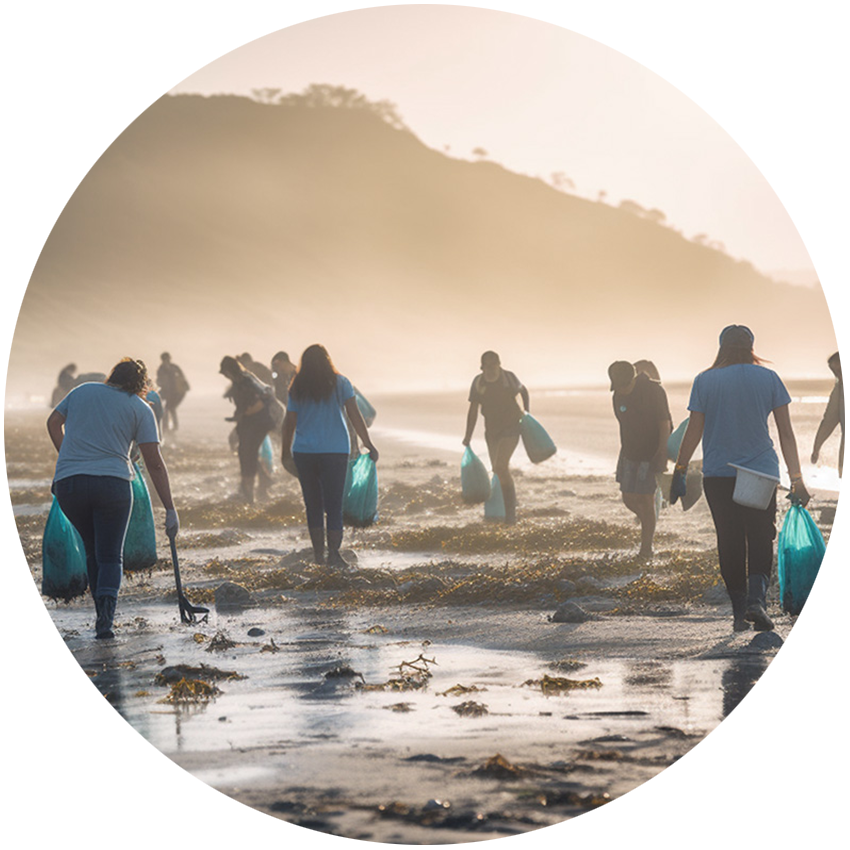
From PET to product
The following polyester-based products are currently available under the Autoneum Blue label:
Wheelhouse outer liners
Optimum reduction of tire noise
Autoneum’s innovative textile wheelhouse outer liners offer a lightweight alternative to standard plastic products and thus contribute to lower fuel consumption and CO2 emissions as well as a longer range for electric vehicles. Depending on the material and porosity of the Autoneum technology used, the components can be tailored to individual customer requirements in terms of acoustic performance and the proportion of recycled material.
Trunk side trim
Lightweight construction with increased sound absorption
Thanks to their unique material composition, Autoneum’s trim components are lightweight, air-permeable and offer excellent acoustic absorption. In addition, the textile surface improves the overall aesthetic of the parts while offering a high resistance to scratches.
Needlepunch carpets
Aesthetic appearance meets durability
Needlepunch carpet systems by Autoneum absorb noise that penetrates from the road or the engine bay into the passenger compartment, helping to enhance driving comfort. In addition, the unique composition of the fibers not only increases the durability and cleanability of the carpets, but also ensures the uniform and aesthetic appearance of the carpet surface.
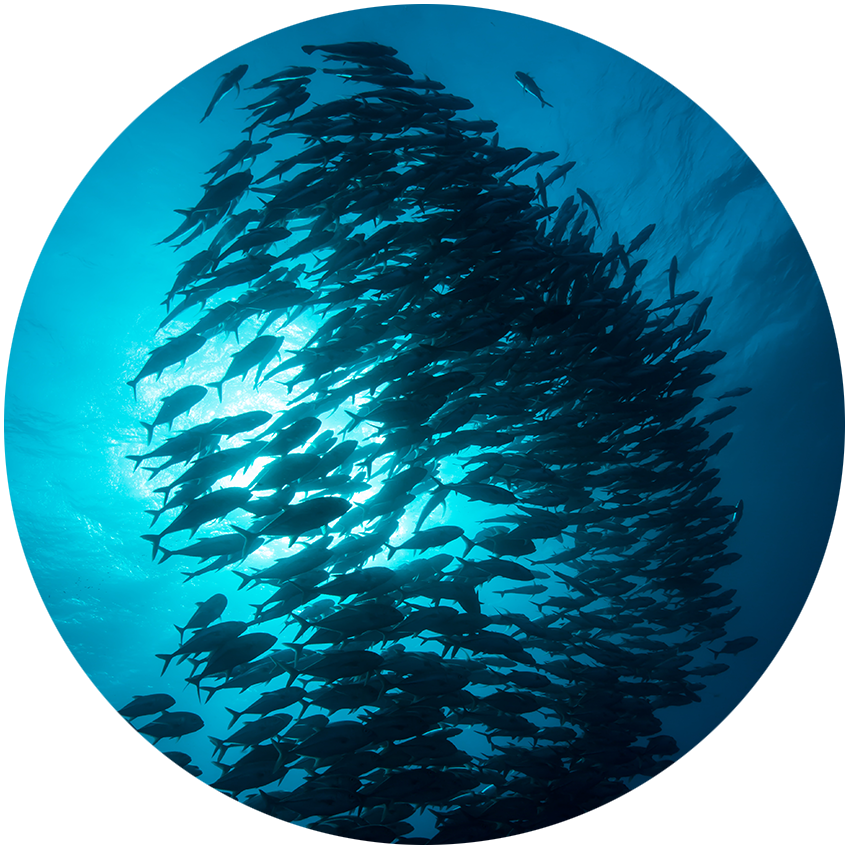
Sustainability on the road, life below water
Oceans cover more than 70% of our planet’s surface, they hold about 97% of its water – and their health is essential to human existence and life on Earth. In addition to providing key natural resources such as water, food, critical minerals, and medicines, oceans influence and regulate our climate while contributing to both breaking down and removing waste and pollution. Furthermore, they absorb nearly a quarter of annual carbon dioxide emissions generated by human activity, thus helping to mitigate the global effects of climate change.
Marine pollution has reached alarming levels in recent decades, with plastic representing the most harmful type of pollution. Recognizing the importance of protecting and carefully managing the Earth’s largest ecosystem, Goal 14 of the United Nations’ Sustainable Development Goals, “Life below water,” is about conserving and sustainably using the oceans, seas, and marine resources.*
*Information based on the United Nations website: https://www.un.org/sustainabledevelopment/oceans/
Preventing plastic pollution in the oceans
Autoneum Blue components combine the protection of the oceans with social responsibility

Autoneum Blue components are based on materials that contain at least 30% recycled PET that was collected from coastal areas

The process of collecting the PET bottles is socially responsible and complies with human rights

Every vehicle equipped with Autoneum Blue wheelhouse outer liners prevents 120 PET bottles from reaching the ocean
By using recycled PET that was collected from coastal areas within 50 kilometers of the water, Autoneum Blue components contribute to preventing the pollution of this valuable global resource.
The Blue label complements Autoneum’s ongoing activities to continuously reduce water consumption in all areas of its operations as outlined in the Company’s sustainability strategy, making it another important step in Autoneum’s contribution to a more sustainable future of mobility.
Contribution to a sustainable circular economy
Autoneum Blue components that are made partially or entirely out of recycled materials have a significantly better carbon footprint than products made from virgin content.
If a Blue product features a monomaterial polyester construction, it is fully recyclable at the end of its life. In addition, production waste can be fully reclaimed, processed, and reused, thereby ensuring a closed material loop.
A label with potential
In principle, Autoneum Blue components can be based on any Autoneum technology that contains recycled polyester fibers.
If a Blue product consists exclusively of a monomaterial polyester construction, it is characterized by the following main sustainability benefits:
Monomaterial constructions where all layers are made of the same type of polyester are fully recyclable
Cut-offs from production can be fully reclaimed, processed, and reused, ensuring a closed material loop
The reuse of material improves the carbon footprint of Blue components compared to products made from virgin polyester



